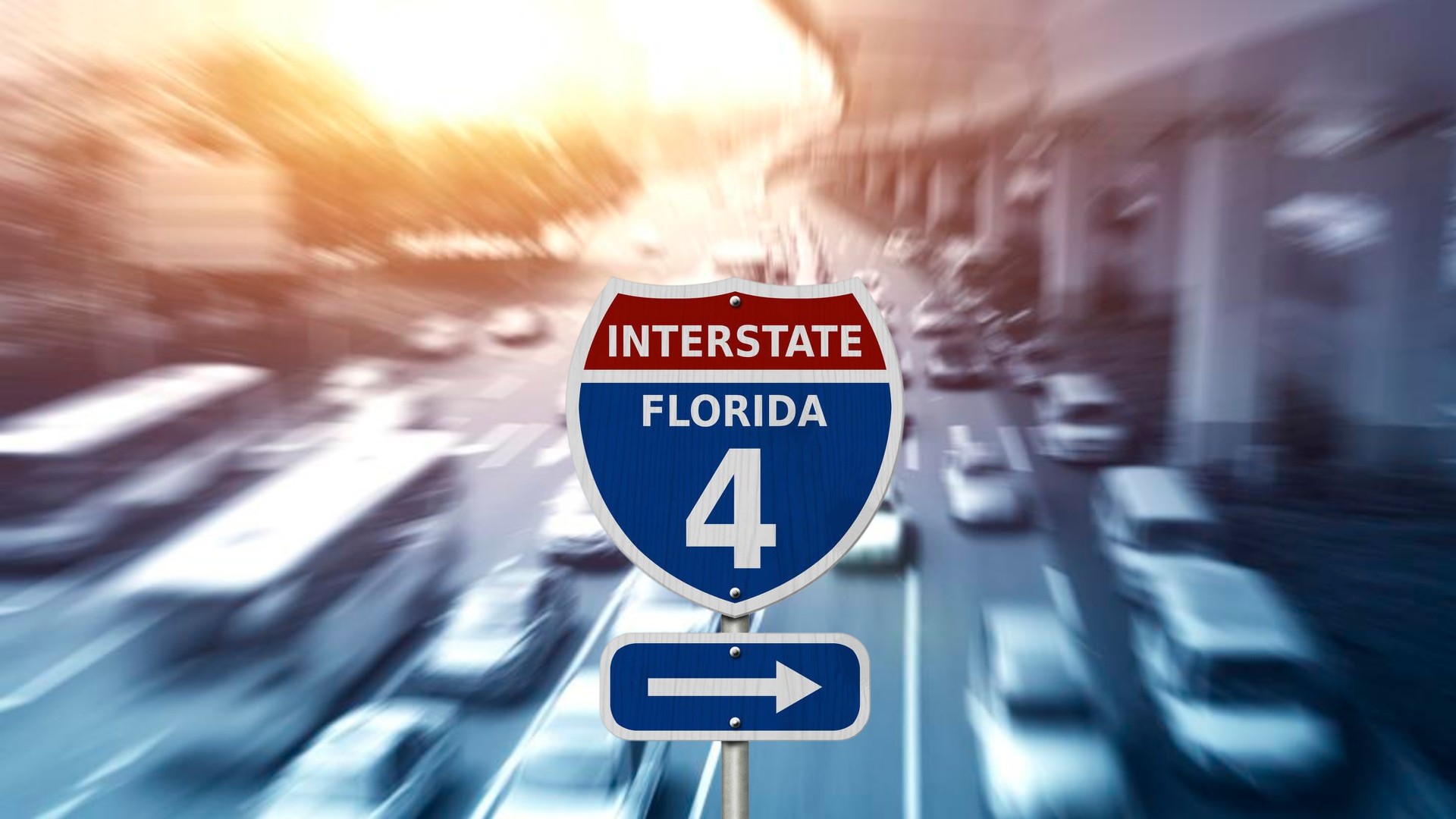
You and your present address are the basic details included in your auto insurance policy.
The following will be covered in this article:
-
- When I Go Out Of State, Will My Insurance Cover Me?
- Where Is The Validity Of My Auto Insurance?
- If I Have An Automobile Accident Outside Of My State, Am I Still Covered?
- If I Relocate To A Different State, Will My Auto Insurance Still Cover Me?
When I Go Out Of State, Will My Insurance Cover Me?
The short answer is that your car insurance will protect you anywhere you drive in the United States as long as it is in effect.
Even when you drive in a state with insurance laws that differ from your own, that is still the case.
You should be protected by your insurance even if you’re traveling cross-country.
Moving out of state permanently is another matter entirely, but when you go over state lines for a job or education, your auto insurance will protect you.
You may actually depend on your coverage no matter where you drive in the United States if your insurance provider does not offer policies in the state where you plan to travel. Therefore, as long as you carry the bare minimum in your home state, it makes no difference if you meet the requirements for insurance coverage in another state.
Where Is The Validity Of My Auto Insurance?
The majority of American auto insurance coverage is transferable to Canada and the United States. Generally, the coverage offered matches what you have purchased in your state. Sometimes the state you are visiting may demand greater minimum limits or a particular kind of coverage that isn’t offered in your state.
In those circumstances, your policy will satisfy the state minimum, even if it exceeds what you paid for.
However, you’ll need to update your insurance coverage with your new address if you’re moving permanently to a different state.
That being said, your state of residence does not determine the extent of your insurance coverage. No matter where you drive in the United States, your auto insurance will protect you.
If I Have An Automobile Accident Outside Of My State, Am I Still Covered?
Yes. As we have stated, your insurance will protect you in any state, even if you are involved in an accident in a state where the laws governing auto insurance differ. Let’s take a scenario where you have the bare minimum bodily liability coverage required by your state, and you get into an accident in another state where the minimum coverage is $5,000 greater than you have. It makes sense to assume that your insurance company will only pay out what you carry. Nonetheless, the majority of insurers will pay the higher limit amount and make up the $5,000 difference.
If I Relocate To A Different State, Will My Auto Insurance Still Cover Me?
In the short term, while driving to your new location after moving to a new state, your current insurance may provide coverage. However, in order to meet the insurance requirements in your new home state, you will need to either purchase a new insurance policy or update your existing one. As soon as you have a date and location for your move, you should begin getting ready for this.
You can contact your existing insurance provider and let them know you’re relocating if they also write coverage in your new state.
Inquire about the cost of a new policy at your changed address. Keep in mind that you can purchase a policy in advance and choose the start date of the policy on the day of your choosing.
It might not be the greatest choice to remain with your existing carrier, though. You will need to check around even if they do sell insurance where you are relocating, as they may not have the cheapest rates if they don’t write policies in your new state. To find out who can give you the best coverage for your money in your new home state, work with an independent broker or conduct your own study.